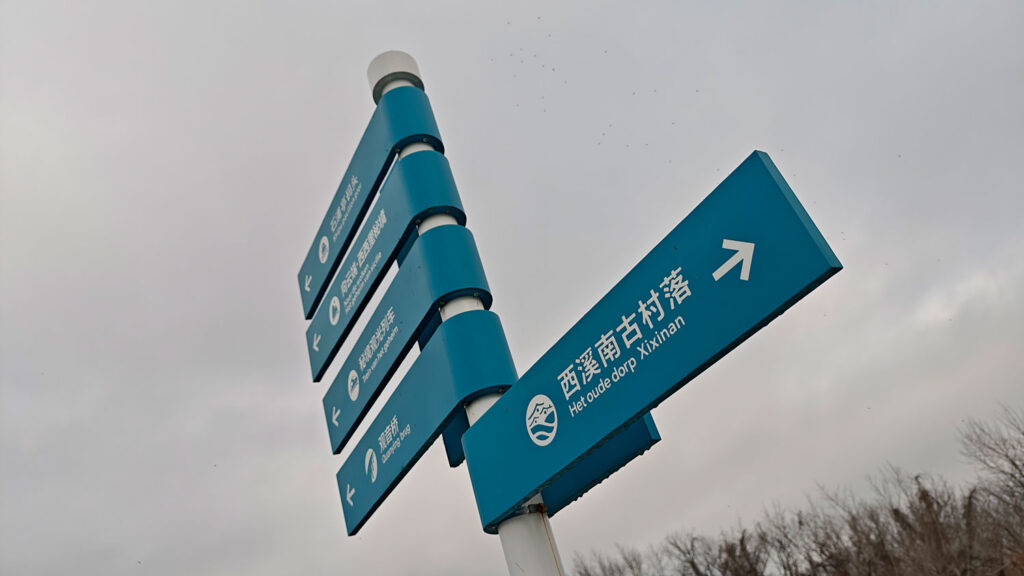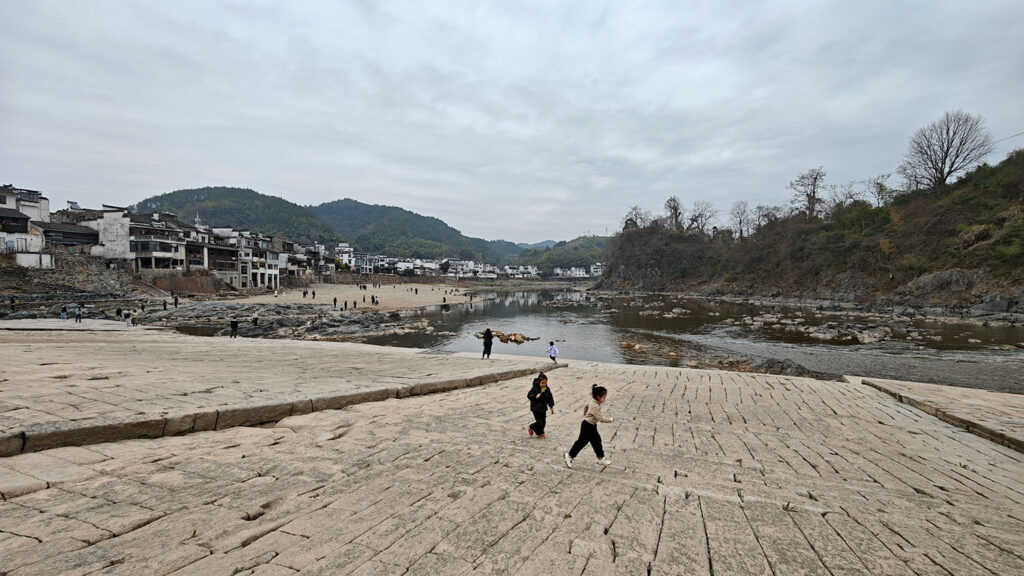At the end of 2008, the regulations of Formula One were overhauled to simplify cars — especially the aerodynamics — to reduce costs and aerodynamic grip. Less grip would result in lower cornering speeds and improve overtaking.
These new regulations included a component called the diffuser. This device sits at the rear of the car and produces downforce, somewhat like an upside-down airplane wing. The rules explicitly stated that a rear diffuser could only be 1000 millimeters wide, 350mm long and 175mm high. But elsewhere in the regulations it said that extra bodywork was allowed within a 150mm zone in the centre of the car. Only three teams of the ten teams spotted (and used) this loophole, and added extra bodywork, effectively working as another diffuser. This invention was named the ‘Double Diffuser’.

BrawnGP was one of the teams with a double diffuser, and won six of the first seven races. Other teams protested the double diffuser and deemed it was illegal, and not within in the spirit of the rules. However, team principle Ross Brawn insisted the diffuser wasn’t illegal and not cheating, and the governing body agreed, as BrawnGP went on to win the championship. In the book Total Competition, Brawn clarified: “In Formula One, I don’t think the intention of the rules matter. ” Co-author Adam Parr added to that: “It only matters what you can or can’t do within the rule.” (Engineer Frank Dernie said it best: “The spirit of Formula One is that smart people beat stupid people.”)
It’s interesting and we can look at this principle from the reverse.
We — and I mean conscious consumers — buy toothbrushes made from bamboo, because they’re marginally more sustainable than the non-degradable plastic ones. There’s plenty of brands out there, Amazon gives over 2,000 results. And we think it’s a clever invention, and ‘Brush with Bamboo’ sounds catchy. We share big numbers such as the fact that 4.7 billion plastic toothbrushes that are produced worldwide. We hurdle up together and do other things, such as tell stories of the plastic soup the size of Texas, show photos of birds with plastic caps in their stomach. We sign petitions, skip meat, shower shorter, we drive hybrid vehicles, take the bus or the bike, replace our incandescent lights with LED’s, and we put solar panels on our roof. There’s a million ‘small’ things we do, and while they do make a difference.
While we ‘brush with bamboo’ and congratulate ourselves on our feel-good fashion, companies like ExxonMobil, Shell, BP and Chevron are pumping every drop of oil, and mining every lump of coal they can get their hands on. Their only intention with fossil fuels is to either sell or burn them. And according to the Carbon Majors Report, just hundred companies are the source of more than seventy percent of all the world’s greenhouse gas emissions since 1988, spearheaded by these four I just mentioned. (Us ‘brushing with bamboo’ is what in the Netherlands we call ‘mopping the floor with the tap wide open.’)
Anyone who can read a map knows the world has to become more sustainable. This is what we could call ‘the spirit of the rules’. And so ExxonMobil recently launched a clever campaign ‘In the box’, to show its green credentials and its carbon capture innovation. The campaign is filled with promises such as “This box could transform how we make energy”, but is free of any concrete promises and obligations. (In fact, they do say “We’re still years away from commercial scale”.) If anything, they’re looking to satisfy governing bodies, as if to say “Don’t worry, we’re working on it, everything will be fine”, in the hope that any laws make carbon capture mandatory.
To be fair, I do understand it. If ExxonMobil’s managers choose the climate over value for their shareholders, they’re likely to be fired. If ExxonMobil, as a company, chooses to leave oil deposits untouched, another company is likely to take them.
It’s all part of a capitalistic system — an unstoppable train — a system that values economic growth over everything else.
The problem is that what makes sense for the whole system, often makes no sense for the individual. For the system it’d make sense if we paid more for clothes, so that employees down the chain get a fair salary. But as an individual it makes sense to buy the most affordable clothes. A fashion company like ZARA might give its workers in Asia a fairer, only to have its retail prices go up, its sales go down, and consequently have its place taken by a H&M who pays their employees less.
Tax avoidance is another example. Big corporations like Starbucks use loopholes to avoid paying billions of tax. Their ‘double diffusers’ are keeping profits artificially low, and shifting incomes and spending between countries. Like ExxonMobil, I do understand Starbucks and its managers. They’re not in the business to pay tax, they’re there to sell coffee and increase value for their company and shareholders. By avoiding taxes, they’re doing exactly that. And I use the word ‘tax avoidance’, because it differs from ‘tax evasion’. Evasion is breaking the rules and its illegal, while avoidance is legally using the rules to your advantage.
If anyone’s to blame, it’s the law makers and governing bodies, as they allow these things to happen. Why are we given the choice between fairtrade and non-fair trade bananas? If we want to make real change, maybe we should take a more reasonable stance and try to get the rules changed, rather than try play by them, because we’ll loose from those that exploit them. In other words; tackle problems at the source.



